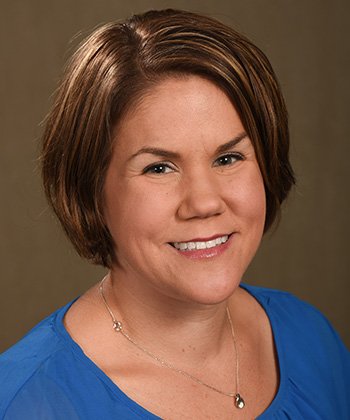Lauren Copeland, Baldwin Wallace University – Political Consumerism
 Do you boycott companies for political reasons?
Do you boycott companies for political reasons?
Lauren Copeland, assistant professor of politics and global citizenship at Baldwin Wallace University, determines if more people are doing so in today’s political climate.
Dr. Lauren Copeland is an assistant professor of political science and associate director of the Community Research Institute (CRI) at Baldwin Wallace University in Berea, Ohio. https://www.bw.edu/academics/bios/copeland-lauren Copeland previously served as a postdoctoral fellow at the Center for Nanotechnology in Society, University of California Santa Barbara in California.
She is a self-described “politics and data science nerd,” with research activities that lie at the intersection of political communication, political behavior and public opinion, and a current focus on the relationship between digital media use and political participation
EDUCATION
2013 Ph.D., Political Science, University of California, Santa Barbara 2009 M.A., Political Science, University of California, Santa Barbara 2003 B.A., Political Science, DePaul University, Chicago.
Political Consumerism
Political consumerism refers to the deliberate avoidance or purchase of goods, products or services for political reasons. Through boycotts, people can punish companies or brands for undesirable policies or practices. They can also use reverse boycotts — known as “buycotts” — as a reward for favorable practices.
Over the past two decades, scholarly interest in political consumerism has increased. One reason is that about 35 percent of U.S. adults currently engage in political consumerism.
Studies show that political consumers tend to be younger, better educated, more interested in politics–and more ideologically liberal. Political consumers are also more likely to use digital and traditional media for political information.
Political consumerism is similar to other forms of political participation because it requires resources and psychological engagement. At the same time, political consumerism allows people to embed political meaning in their daily lives through informal acts. For this reason, political consumerism is often conceptualized as a form of lifestyle politics.
My own research suggests that both the political climate and the marketplace are more divided and contentious than ever before. For example, a survey of Ohio voters revealed that nearly 20 percent of people who intended to vote for someone other than Donald Trump in 2016 boycotted the Trump family brand. In addition, people who engaged in boycotts were also active in protests and signing petitions.
To be sure, the use of boycotts in a political context was not new. However, these boycotts were unique because they blurred the boundaries between electoral and non-electoral political participation.


